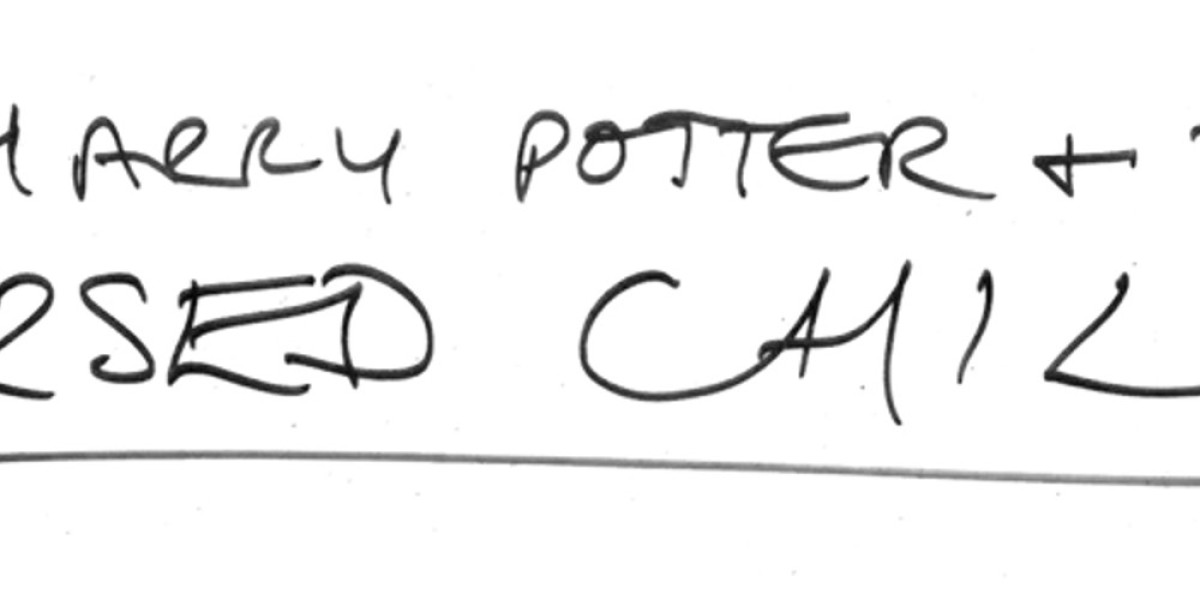 A Gas Safety Certificate is a legal requirement for landlords. It is essential for the health and safety of your tenants and it also prolongs the life of appliances.
A Gas Safety Certificate is a legal requirement for landlords. It is essential for the health and safety of your tenants and it also prolongs the life of appliances. The engineer will inspect the safety of your gas appliances and pipes. The certificate will be issued by the engineer. If an appliance is deemed as Immediately Dangerous (ID) or At Risk (AR) and is at risk, it should be replaced as soon as is possible.
The engineer will inspect the safety of your gas appliances and pipes. The certificate will be issued by the engineer. If an appliance is deemed as Immediately Dangerous (ID) or At Risk (AR) and is at risk, it should be replaced as soon as is possible.Ventilation
As part of a gas safety test your engineer will check the vents of each appliance to make sure they are clear and free of blockages. This is crucial to avoid the buildup of harmful gases in your home like carbon monoxide. This is a particularly harmful gas that could cause poisoning if it builds up in large quantities, so your engineer should check for it regularly as they go around the property.
They will also check chimneys and flues to make sure they are free from obstructions, sealed properly and capable of releasing gases in a consistent manner. Carbon monoxide, a toxic, colourless and odourless gas is examined in the home. It can become dangerously accumulated when not eliminated. Gas Safe registered engineers should be able to service and inspect your appliances every year.
Your gas engineer will also examine the safety devices on every appliance to ensure they're functioning correctly. This device is designed to stop the gas supply in the event that the flame fails to ignite, and to prevent the appliance from overheating. All landlords should ensure that this safety feature is functioning correctly.
The gas engineer will check that all fittings, valves and pressure regulators are in good condition and secure. They will verify that the gas type used is the same as the type that was specified when the appliance was installed.
If any issues are found If there are any issues, your gas engineer will mark them on the CP12 certificate and recommend what steps to take to correct them. This is a crucial document that must be kept on the file as it serves as evidence that your gas appliances have been checked and are safe to use. Being on top of your gas safety inspections not only helps you meet the legal requirements, but helps to create the safety and health of the environment for everyone. If you're not getting your CP12 certificates renewed on time, it could be costing you and your tenants in the end.
Pressure
If a gas appliance is not properly fitted, it could be producing dangerous carbon monoxide. Engineers will make sure there are no obstructions or obstructions in the ventilation passages, and that the appliances are operating correctly. Engineers will also make sure that the gases are safe released and do not cause a buildup in the home.
If an engineer finds an issue with an appliance, it could be necessary to shut down the gas supply. The gas safety certificate will record this and tenants who are affected should not use their appliance until it is repaired. Landlords are legally required to keep records of any repairs they make and to renew their gas safety certificates regularly. It is recommended to have these tests performed by a Gas Safe registered engineer, who will conduct the required tests and issue the necessary certificate.
Gas safety certificates, or CP12s, are vital legal documents that give information about the appliances and property which were inspected. It includes the date of inspection, the address of property, and name and Gas Safe registration numbers of the engineer who conducted the inspection. It will also list any issues discovered and provide the steps that should be taken to correct them.
The CP12 will also note whether appliances are sealed or open vented. It will also record the gas pressure supply and if the feed and expansion cistern has a ball valve that is working well. The engineer will also check the combustion efficiency and whether the appliance is showing evidence of carbon monoxide.
Although some landlords might believe that obtaining an official gas safety certificate is not necessary, it is legally required in the UK. It also helps to prevent accidents or injuries that could result from malfunctioning appliances and helps to create an environment that is safe for tenants. It is also beneficial when a property is sold or rented, as it shows that the property is in compliance with safety standards. The most convenient way to arrange a gas safety check is to use an online service that provides many Gas Safe registered engineers. Simply enter the required information and receive a quick estimate for your gas safety certificate today.
Flues
A flue is a hollow structure, such as a pipe, a built-up tile pipe or any other kind of noncombustible materials that can be used to expel smoke, exhaust gases or fumes from heating elements like boilers hot water heaters, boilers, and furnaces. The flue's natural draft is vital to the proper operation of these appliances. The gas needs to be able escape from the appliance and not recirculate within the structure. A gas safety engineer will check the flue's interior and exterior to ensure that it is sealed correctly and is free of obstructions.
A qualified engineer will also inspect the pipes and valves that are connecting to the gas appliances connected to the flues. This is because if the connections aren't in accordance with accepted standards, there may be gas leaks that are dangerous which aren't easily identified. To prevent carbon monoxide buildup it is essential to keep the gas supply and outlet clean.
If there are any flaws or faults found with the gas installation and its appliances, a certified engineer will make note of them on a gas safe certificate. When they return to the property they will be able to fix the issue and bring everything back to a normal. Landlords are legally required to obtain an official gas safety certificate for any property they rent out, so that they can be sure that their tenants are safe from any kind of heating or gas-related accident.
Gas safety certificates aren't required in law, but many homeowners opt to obtain these certificates for the benefits they offer. These include peace of head and knowing that their heating systems are functioning correctly. Certain homeowners' insurance policies also require a gas safety certificate to be valid. Gas safety certificates can save homeowners money on their home insurance as well as other expenses.
Appliances
One of the most important sections of the gas safety certificate is the listing of every appliance and installation that was examined. Each entry will note the manufacturer, model, and location of each item, in addition to whether it passed or failed the test. In certain instances failures, there will be notes on the issue as well as suggestions to take actions. If an appliance is found to leak carbon monoxide, the engineer could suggest replacing it right away.
In addition to examining the appliances themselves and their components, the engineer must also examine the flues to ensure that they are clear of obstructions and that gases can be released in a consistent manner. Attention to detail is vital because CO poisoning can occur if the hazardous gas is not eliminated from the premises.
Landlords are required to have gas appliances and their related infrastructure inspected every year. This is an obligation that must be fulfilled or the landlord could face serious consequences. In the end, many landlords take this issue seriously and do everything they can to keep their tenants safe from gas-related accidents.
A gas safety certificate is a document issued by an Gas Safe registered engineer following an inspection of the gas system in the property. The document is also called a Landlord Gas Safety Record or a CORGI Certificate. The document includes the name and number of the engineer who carried out the inspection and the address at which the tests were conducted.
The gas engineer will verify that the appliances are safe to use and are in compliance with the current regulations. They will check for leaks, verify that there is enough ventilation, gauge gas Safety certificate What Is Checked pressure, and so on. They will also inspect the flues to ensure that the gases that ignite are safely ejected and assess the performance of the appliances including the efficiency of combustion.
If an appliance fails the tests, it will be marked as Immediately Dangerous (ID) or At Risk (AR). These appliances are not to be used and must be replaced as soon as possible. If the gas engineer finds an issue that they are unable to fix, they will disconnect the appliance from the gas supply and write this on the certificate.








